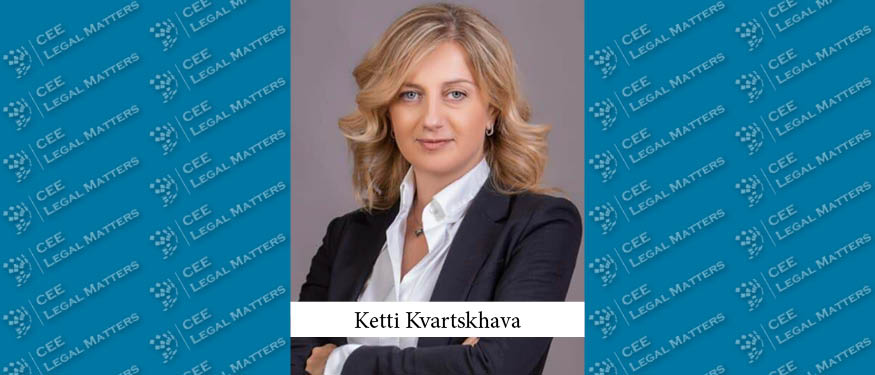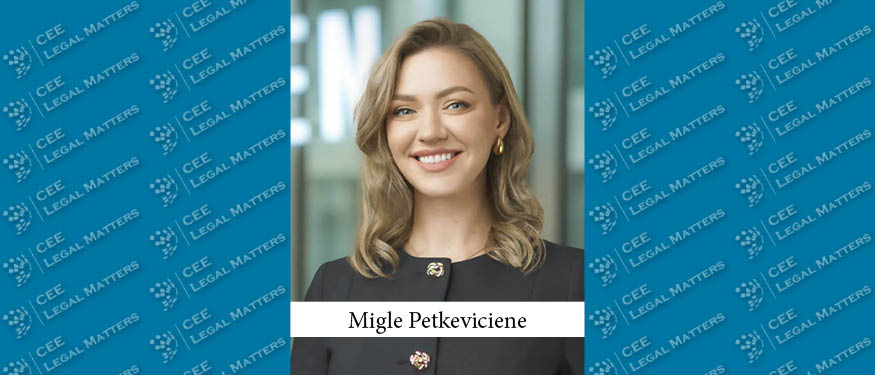In the last five years significant changes have occurred in the Serbian business and political environment. This has been a time of dramatic change – with the general goal of transforming the position and the image of Serbia both regionally and globally, strongly affirming a pro-EU stance and making Serbia much more attractive for foreign investment. Obviously, both of these goals are interconnected because improving the image of a country brings more investments, and foreign investors generating profits in Serbia improves Serbia’s global image.
The key words of government policy in the last five years were: EU integration, digitalization, and stabilization of public finances. Three administrations have ruled the country over the last five years, numerous elections have been held, and the stir of international politics (including both Brexit and sanctions to Russia) did not pass Serbia by. Throughout all of this, the priorities and goals have stayed the same.
Serbia has made several leaps in the EU integration process. The Brussels Agreement was signed in 2013 by the governments of Serbia and Kosovo. This was an important event, designed to put an end to the decades-long conflict between the two. Although there are difficulties in the process of normalizing relations between Serbia and Kosovo, it is evident that it is going in the right direction. There are high expectations both in the international community and in the region that the process will come to a meaningful conclusion in 2019.
In January 2014 Serbia started membership negotiations with the European Union. The start of membership negotiations at the time seemed as the crown of almost 15 years of work. However, there is much more to do for Serbia. There is still a long way to go in the painful process of harmonizing Serbian law with EU regulations, and changing old ways and habits and maintaining internal stability in a rather conservative society is a challenge in its own right. Since the beginning of negotiations, 14 negotiation chapters have been opened, and two of them have already been closed.
The digitalization of Serbian administrations and the e-government project were also a priority. Both the government and the country’s business procedures bear a heavy bureaucratic burden inherited from Serbia’s socialist past. Cutting through the red tape of certificates in paper form and through the maze of permitting procedures and government approvals was therefore set as a high priority. In the last few years, significant advances have been made in this direction.
The building permit issuing process has been completely digitalized as well, with much shorter deadlines for authorities and with the possibility to both file the request and track its progress online.
Online filing of tax returns and of all kinds of annual reports has also been established, as has the ability to issue invoices in electronic form. Different governmental authorities are now connected via the Internet, enabling them to exchange information faster and more efficiently. The new Serbian Act on Administrative Proceedings has effectively prohibited the authorities from requesting that citizens submit documents if the documents – or the information contained therein – can be obtained in direct communication between the authorities.
The real estate cadaster and public notary systems have been interconnected and public notaries are required to register information on real estate transactions directly in the real estate cadaster’s information system, which increases security and effectively eliminates the possibility of double sales – a historic concern regarding such transactions in Serbia.
Great emphasis was placed on increasing the number of public private partnerships and concessions. Big projects included the transformation of the Serbian national air company JAT into AIR Serbia in cooperation with Etihad Airways; the Belgrade Waterfront project, which transformed one of Belgrade’s downtown neighborhoods, in cooperation with a partner from UAE; the concession for a waste incineration facility in Vinca, and the public private partnership project regarding management of Belgrade’s Nikola Tesla Airport.
The story of deregulation cannot be complete without mentioning company stamps. Legislation was enacted explicitly removing the need for certifying company documents with stamps. Inertia regarding the use of the stamp is so strong that a hotline was even introduced for companies to report authorities who refuse to accept documents without a stamp. The stamp can really be used as a metaphor for the whole Serbian story about deregulation.
The budget deficit was one of the chronic problems of Serbian public finances. Painful but effective measures for the decrease of budget spending have been initiated in the last five years. Higher pensions were decreased, together with a freeze of public sector salaries. A ban on new hires and a cap on the number of employees were also introduced in the public sector.
These measures led to the stabilization of Serbian public finances, which enabled the government to increase infrastructure spending. The highway from Belgrade to the Macedonian border is expected to be finished by the end of 2018, and the network of roads and bridges in Serbia is ever-expanding, enhancing the possibilities for trade and investment.
The last five years have also been a period of reforms and transformation in the Serbian business landscape. As a result, the last five years have been exciting for the legal profession in Serbia, too. Digital advancements made the technical side of work much easier and new investment brought new opportunities to work with international companies and investors, bringing higher work standards and forcing legal professionals in Serbia to improve themselves in order to be able to meet them.
For us at SOG, this also was a time of growth. We have helped foreign investors – big, medium, and small – to set up businesses in Serbia. The development of business in Serbia has provided us with the opportunity to enter and explore previously unknown areas of practice, such as public private partnerships, data protection, and alternative investment funds. We are particularly proud of our active participation in one of the most important transactions in the last five years: the transformation of JAT into Air Serbia.
The last five years have been a time of change and for Serbia and its economy. We, together with the entire business community, anxiously await the next five years and hope that they will bring rewards resulting from the reforms and advancements of the Serbian business environment which occurred in these last five years.
By Milan Samardzic, Partner, SOG / Samardzic, Oreski & Grbovic
This Article was originally published in Issue 6.1 of the CEE Legal Matters Magazine. If you would like to receive a hard copy of the magazine, you can subscribe here.













